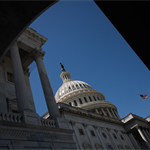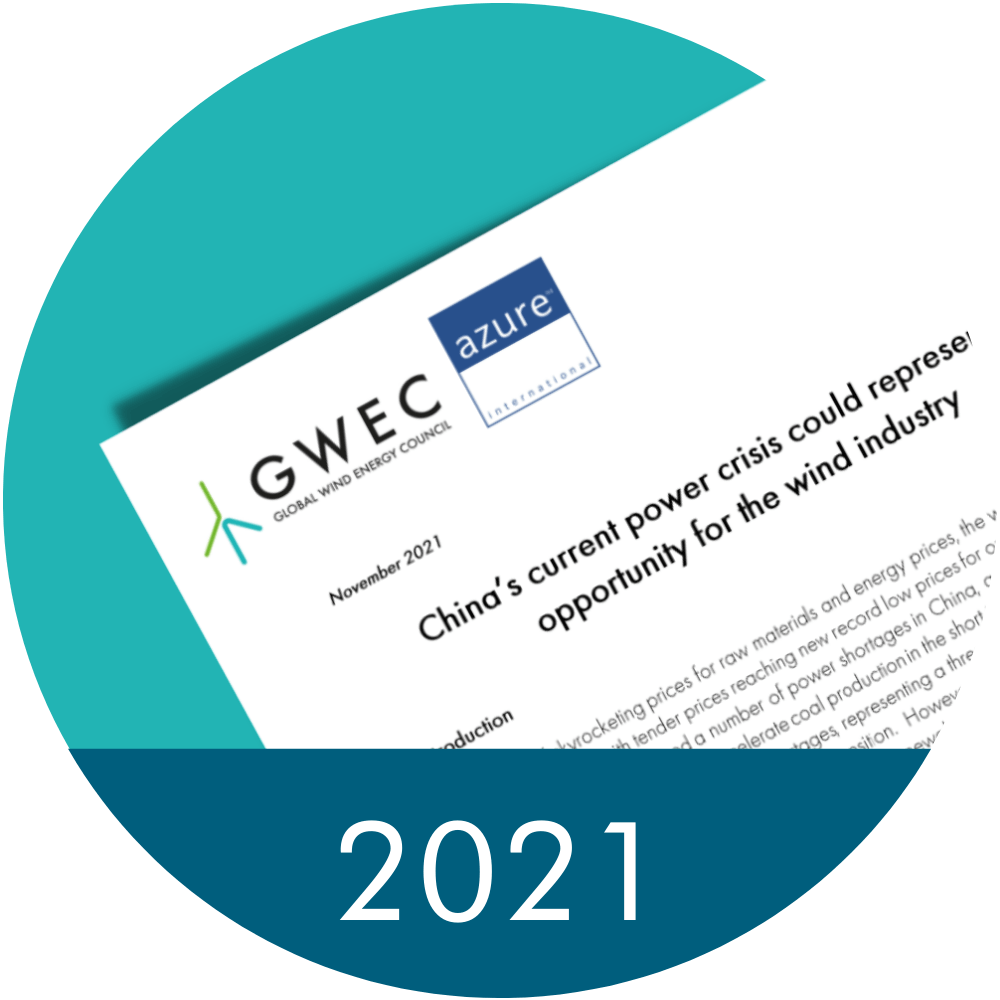Industry dismay at UK government plan for 45% windfall tax on renewables
Energy Disrupter
In a budget statement to Parliament, Jeremy Hunt, the UK’s chancellor, outlined plans to impose a windfall tax on renewables.
He said: “The structure of our energy markets creates windfall profits for low-carbon electricity generation, so from 1 January, we’ve decided to introduce a new, temporary 45% levy on electricity generators.”
Earlier in his statement, Hunt said a windfall tax would also be imposed on electricity generated from fossil fuels and told MPs that he would increase the energy profits levy for these generators from 25% to 35% between 1 January and 28 March.
Renewable generators will also not receive the same investment allowances that are available to fossil fuel investors.
Hunt said: “I have no objection to windfall taxes if they are genuinely about windfall profits caused by unexpected increases in energy prices. Any such tax should be temporary, not deter investment and recognize the cyclical nature of energy businesses.”
Hunt said the two measures combined were expected to raise £14bn for the UK exchequer.
How the levy will work
According to a briefing note from the government, a 45% levy for “exceptional generation receipts” will be applied to those generating electricity from renewable, nuclear, or biomass sources who are benefitting from a “significant increase” in the price they receive for their output but who are not subject to a corresponding increase in the cost of generation.
The windfall tax will not apply to electricity generated under an existing contract for difference (CfD) with the Low Carbon Contracts Company and will only apply to those who produce more than 100 gigawatt hours (GWh) per year.
The government has set a benchmark price of £75 per MWh, which it said represents “the average price above which generator returns are considered to be exceptional”.
Earnings below the benchmark will not be subject to the levy but the windfall tax will apply to all electricity generated in the UK, whether for domestic use or for export.
The windfall tax will be imposed for five years until March 2028, the government said.
Investment threat
Earlier this week, ScottishPower’s chief executive, Keith Anderson, told The Times newapaper that his company, owned by Iberdrola, might slow or even reduce its investment in the UK if a windfall tax was imposed on renewables that was either equally punitive or tougher than that imposed on the oil and gas industry.
In the interview, he called for the UK government to be more lenient with the renewables sector and either give it a “lower tax rate or a bigger investment incentive”.
In the wake of the announcement, Anderson told Windpower Monthly he was “deeply disappointed” by the terms of the windfall tax.
He said: “In times of national crisis everyone should be playing their part. I’m deeply disappointed that renewables have been singled out – it seems it’s a recession made by gas, but a recovery to be paid for by renewables.”
Anderson said the announcement created a “five-year long corridor of uncertainty” for investors and would hit the clean energy projects that were needed to decarbonise.
He added: “I do not understand why renewables are being taxed at similar levels to oil and gas and those businesses are being given added incentives to invest in even more fossil fuels.”
‘Unfair burden’
Commenting on the announcement RenewableUK warned that the windfall tax on renewables could “severely deter” investment in new projects.

Dan McGrail (above), chief executive of RenewableUK, said: “This windfall tax on low carbon power risks deterring investment, at a time when the Chancellor should be incentivising clean energy. Unlike in oil and gas, under this levy companies which are making significant investments in renewables will get no tax relief and will be hit by a higher windfall rate.”
McGrail argued that many renewable energy generators are on long-term fixed price contracts and had sold their power more than a year ago, and were therefore not making excess profits.
He added: “We need to attract more than £175bn in new wind farms and our supply chain over the course of this decade, so we need to make the UK one of the most attractive destinations for private investment in renewables. Ministers now need to work with the industry to ensure that the implementation of these plans ensures a level playing-field, rather than imposing unfair burdens on renewables.”
‘Novel political risk’
But Adam Bell, head of policy at Stonehaven and former head of energy strategy at the UK Department of Business, Energy and Industrial Strategy, said the windfall tax was “less punishing” than some in the renewable sector had feared.

Bell (above) warned there was a risk the windfall tax might not raise as much revenue as the UK government hopes.
He added: “This move introduces novel political risk into the sector. While generators with CFDs are exempt, historically low carbon generation has not been subject to the same kind of decadal cycle of windfall taxation that the oil and gas sector has endured. This will impact investment.”
‘Damaged UK reputation’
Scottish Renewables lambasted the government for creating more favourable conditions for fossil fuels and accused it of damaging the UK’s reputation as a leader in the renewables sector.

Claire Mack, (above) chief executive of the trade association, said: “The UK needs £1.4 trillion to fund its transition to net-zero by 2050. To raise that money, international investors look to the UK Government to provide a stable policy environment which incentivises investment in clean power.”
She added: “Today’s announcement…damages this country’s reputation as a leader in renewable energy, chiefly by continuing to offer investment allowances to oil and gas extraction while failing to do the same for this industry.”
















